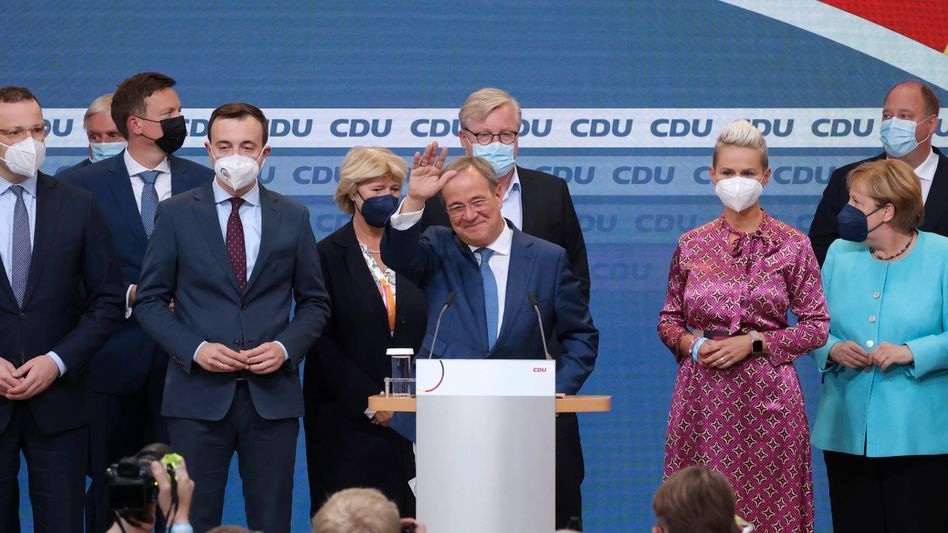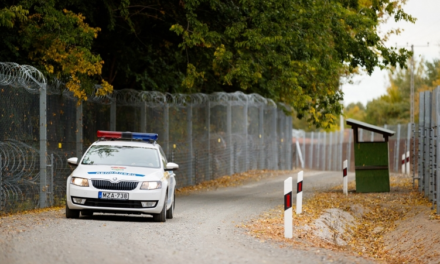Who can take power from Merkel? This is how the politics of Europe's leading power will develop after Sunday's election.
The German Social Democratic Party (SPD) received the most votes in the German federal parliamentary (Bundestag) election, according to the official preliminary results announced early Monday morning. The SPD collected 25.7 percent of the vote, up 5.2 percentage points from the historic low of 20.5 percent in the last Bundestag election in 2017.
The second is the alliance of the Christian Democratic Union (CDU) and the Christian Social Union (CSU), which performed worse than ever before and obtained 24.1 percent. This is a drop of 8.8 percentage points compared to 32.9 percent in 2017.
However, citing the close result, the CDU/CSU is still embarking on the new legislative cycle with the intention of forming a government.
Both the SPD and the CDU/CSU want to enter into a coalition with the Greens, which reached 14.8 percent, and the liberal Free Democratic Party (FDP), which obtained 11.5 percent. The SPD came first in the regional elections in Berlin and Mecklenburg-Vorpommern.
The system-critical right-wing AfD weakened compared to 2017, gaining 10.3 percent.
The far-left Linke weakened significantly and reached 4.9 percent, i.e. it did not reach the threshold - but since it won three individual districts, it is therefore also entitled to seats on the list according to German regulations, so it will be present with some representatives in the new parliamentary cycle as well.
Source: mandiner.hu
Image: Getty Images












